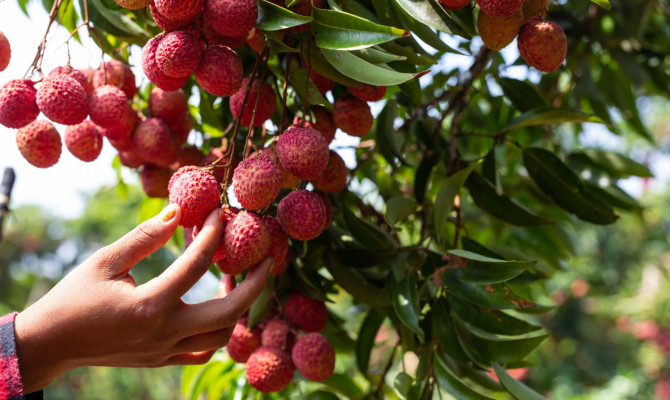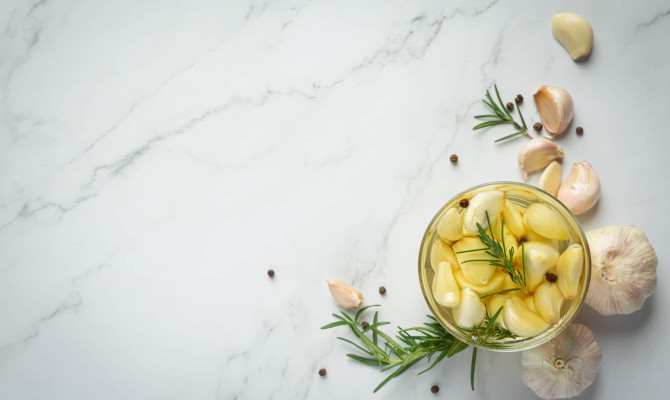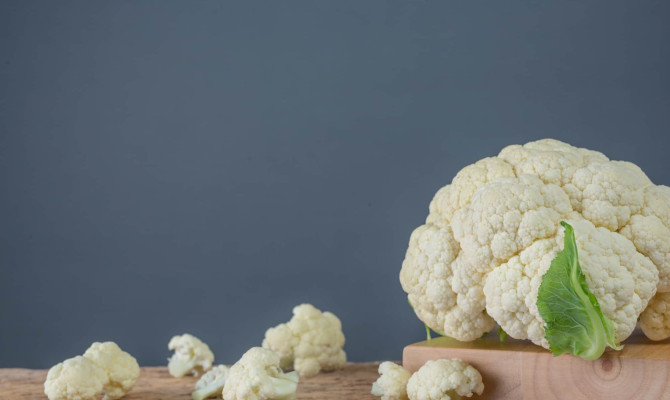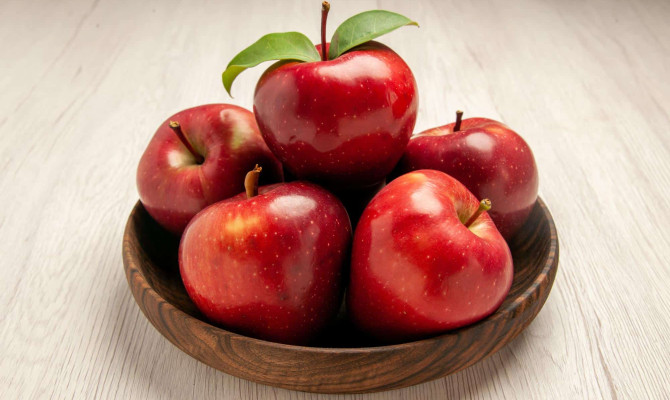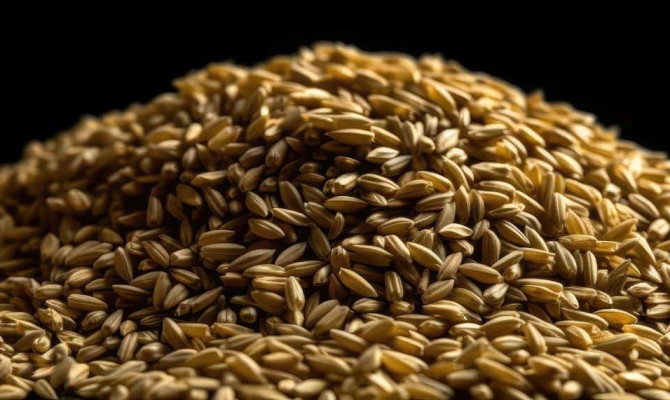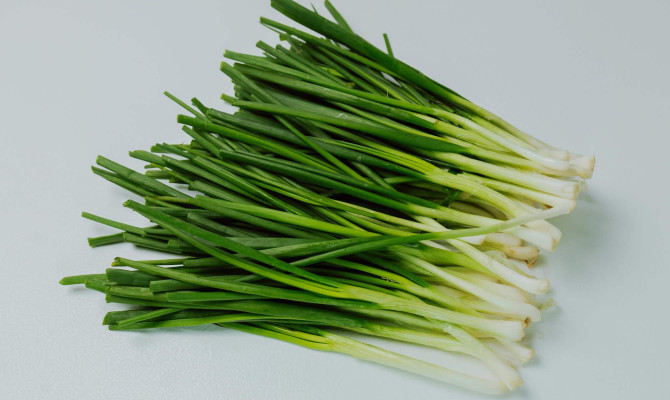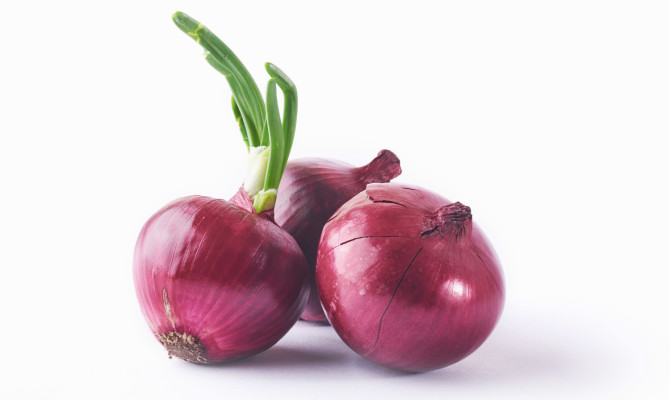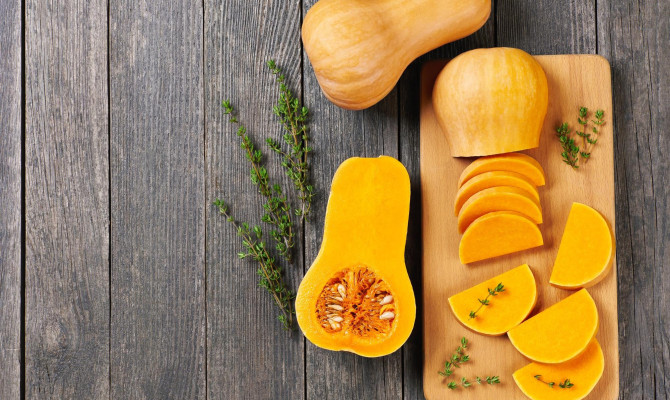All About Kumquat: Nutrition, Benefits ad Side effects

- Kumquat
- 22 Aug 2023
Overview
What are Kumquats?
Kumquats are little citrus gems that stand out among all the other fruits for their distinctive blend of sweetness and tanginess. The kumquat is a lovely tiny fruit that is thought to have originated in China and has migrated to other Asian countries such as Japan and Southeast Asia. Kumquats were later transported to Europe and the Americas, where they found a willing audience for their distinct flavor and decorative appeal. Kumquat is the Chinese word for “golden orange.”
This article digs deep into the exciting world of kumquats, examining their nutritional profile, some facts, health advantages, culinary uses, tips for selecting the best ones, potential side effects, and interactions.
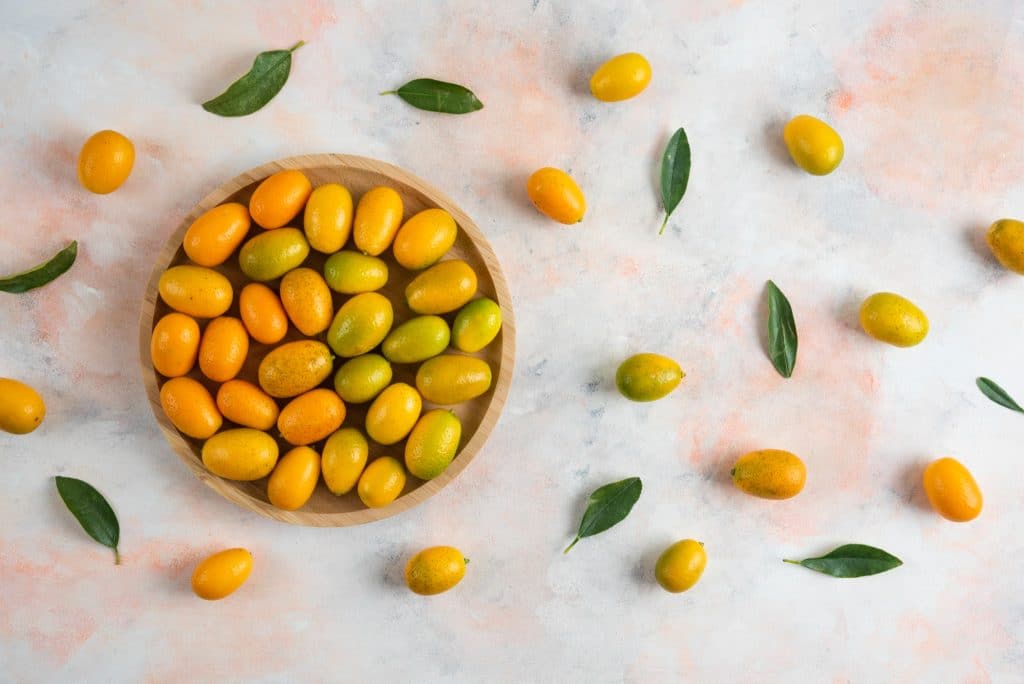
Fast Facts
- Its scientific name is Citrus japonica, and belongs to the Rutaceae family1Overview| Researched based study from Arizona.edu
- Kumquats have symbolic significance in many cultures in addition to their culinary appeal.
- During the Lunar New Year, they are frequently presented as gifts since they symbolize wealth and luck in China2Overview| Researched based study from Foodprint.org
- Similarly, kumquat trees are a vital feature of Tet celebrations in Vietnam, representing prosperity and promise for the new year3Overview| Researched based study from Vietnamtimes.org.vn
Types
Types of Kumquat
Several kumquat varieties exist, with the following two most common types :
- Nagami
- Meiwa. 4Types| Researched based study from Hawaii.edu
Other less prevalent types may include:
- Marumi.
- Fukushu.
- Jiangsu.
Nutrition
Nutrition
Kumquats are quite small, but they contain a surprising number of nutrients. A 100-gram serving of raw kumquats contains approximately:
- Water – 80.8 g
- Calories – 71 Kcal
- Carbohydrates – 15.9 g (6% of DV)
- Fiber – 6.5 g (23% of DV)
- Protein – 1.88 g (4% of DV)
- Fat – 0.86 g (1% of DV) 5Nutrition| Researched based study from Usda.gov
Minerals
- Potassium – 186 mg (4% of DV)
- Calcium – 62 mg (5% of DV)
- Magnesium – 20 mg (5% of DV)
- Phosphorus – 19 mg (2% of DV)
- Sodium – 10 mg
- Iron – 0.86 mg (5% of DV)
- Zinc – 0.17 mg (2% of DV)
- Copper – 0.10 mg (11% of DV)
- Manganese – 0.135 mg (6% of DV)
Vitamins
- Vitamin C – 43.9 mg (49% of DV)
- Niacin – 0.429 mg (3% of DV)
- Vitamin B-6 – 0.036 mg (2% of DV)
- Riboflavin – 0.09 mg (7% of DV)
- Pantothenic acid – 0.208 mg (4% of DV)
- Thiamin – 0.037 mg (3% of DV)
- Vitamin A – 15 µg (2% of DV)
- Beta cryptoxanthin – 193 µg
- Alpha carotene – 155 µg
- Folate – 17 µg (4% of DV) 6Nutrition| Researched based study from Nutritionvalue.org
- Lutein + Zeaxanthin – 129 µg
- Vitamin E – 0.15 mg (1% of DV)
- Choline – 8.4 mg (2% of DV)
(Note: g – grams, mg – milligrams, µg – micrograms, %, (DV) Daily Value – is the number of nutrients on a plate of food that go toward a person’s daily dietary needs.)
Health benefits

Kumquat’s Health benefits
Kumquats are a fantastic source of vitamin C and naturally strengthen the immune system. Kumquats also include fiber, antioxidants, and essential minerals, including calcium and potassium.
The following health advantages can be derived by consuming kumquats:
- Supports the immune system
- Promotes heart health
- Antioxidant property
- Improves digestive health
- It helps maintain weight
Supports immune system
- Kumquats’ high levels of vitamin C and other plant chemicals boost the immune system, defending the body against diseases and infections.7Benefits| Researched based study from Nlm.nih.gov
Promotes heart health
- Kumquats contain potassium, essential for controlling blood pressure and promoting cardiovascular health8Benefits| Researched based study from Heart.org
Antioxidant property
- As a strong source of antioxidants that fight free radicals and lessen oxidative stress, kumquats may help to minimize the chance of developing chronic diseases9Benefits| Researched based study from Nlm.nih.gov
Improves digestive health
- Kumquats’ dietary fiber promotes gut health, aids digestion, and reduces constipation. 10Benefits| Researched based study from Mayoclinic.org
Helps maintain weight
- Kumquats are a food that supports weight loss since they are low in calories and high in water and fiber.5Benefits| Researched based study from Usda.gov
Selection
How to choose them?
Follow these guidelines while shopping for kumquats at the market or grocery store to ensure you get the best ones:
- Seek out individuals with shiny, lively skin free of blemishes or discolorations.
- Pick firm kumquats; stay away from those that are excessively mushy or squishy.
- Kumquats can be significant; size does not always matter regarding flavor.
- Choose organic kumquats to limit contact with chemicals and pesticides2Selection| Researched based study from Foodprint.org
Culinary uses
Culinary uses of Kumquats
Kumquats’ unique flavor profile makes for a fascinating culinary experience. The kumquat’s skin is sweet, in contrast to the flesh of other citrus fruits, which is pleasingly acidic.
Here are a few common ways for including kumquats into your meals:
- Fresh Snack – Eaten whole with the peel on for a delicious blend of sweetness and tanginess, kumquats make a refreshing and wholesome snack.
- Marmalades and Preserves – Kumquats are perfect for making delectable preserves, jellies, and marmalades because of their sweet and tangy qualities.4Culinary uses| Researched based study from Hawaii.edu
- Salads – When sliced or diced, Kumquats provide salads with a zesty flavor boost that improves both flavor and nutritional content.
- Sauces and dressings – Kumquats can be incorporated into sauces and dressings to lend a unique tangy twist to various dishes.
- Desserts – are a great way to add a zesty citrus flavor to cakes, tarts, pies, and other desserts.
Side effects
Kumquat side effects
Even though kumquats have several health advantages, the following precautions should be taken:
- Allergies – Some people may be allergic to citrus fruits, especially kumquats, which can cause symptoms including itching, swelling, or breathing difficulties. Immediately call for medical help if you have any negative effects11Side effects| Researched based study from Worldallergyorganizationjournal.org
- Dental erosion – Due to their high acidity, kumquats should only be consumed in moderation or before thoroughly rinsing your mouth with water12Side effects| Researched based study from Nlm.nih.gov
Interactions
Interactions of Kumquats
Because of their unique chemical composition, kumquats may interact with several medicines. For example:
- Blood pressure medication – since kumquats are rich in dietary potassium, they may lower blood pressure13Interactions| Researched based study from Cdc.gov Additionally, when combined with blood pressure medication, can further reduce blood pressure and cause issues.
Before consuming kumquats, see your doctor if you are taking medicines or have any other existing health concerns, as they may conflict with other medications.
Bottom line
The Bottom line
Kumquats have won over people’s hearts and taste buds worldwide with their delicious blend of sweetness and tanginess. The kumquat has justifiably earned its status as a distinctive and cherished fruit because of its exquisite blend of sweet and acidic flavors, outstanding nutritional content, and adaptability in the kitchen. So be sure to try them and discover the pleasant world of kumquats the next time you see these little treasures at the store.
Any feedback on this article?
 This Articles content was accurate
This Articles content was accurate Very Informative Article
Very Informative Article I have a question or a comment
I have a question or a comment
 This article contains inaccurate content
This article contains inaccurate content This article was not helpful
This article was not helpful I have a question or a comment
I have a question or a comment
We appreciate your helpful feedback!
Checkout our social pages
References
-
Arizona Board of Regents
Citrus japonica | Overview
-
Food Print
Kumquats | Overview
-
VIETNAMTIMES.ORG.VN
Everything You Need to Know About Vietnam's Festive Kumquat Fruit | Overview
-
College of Tropical Agriculture and Human Resources
Kumquat | Types
-
U.S. DEPARTMENT OF AGRICULTURE
Kumquats, raw | Nutrition
-
NutritionValue.Org
Kumquats, raw | Nutrition
-
National Library of Medicine
Effect of kumquat (Fortunella crassifolia) pericarp on natural killer cell activity in vitro and in vivo | Benefits
-
American Heart Association
How Potassium Can Help Control High Blood Pressure | Benefits
-
National Library of Medicine
Traditional Small-Size Citrus from Taiwan: Essential Oils, Bioactive Compounds and Antioxidant Capacity | Benefits
-
Mayo Clinic
Dietary fiber: Essential for a healthy diet | Benefits
-
World Allergy Organization Journal
Co-sensitization to fruit seeds in children with positive cashew nut and/or pistachio skin prick tests | Side effects
-
National Library of Medicine
Topographic and radiographic profile assessment of dental erosion. Part II: effect of citrus fruit juices on human dentition | Side effects
-
Centers for Disease Control and Prevention
Sodium, Potassium and Health | Interactions












